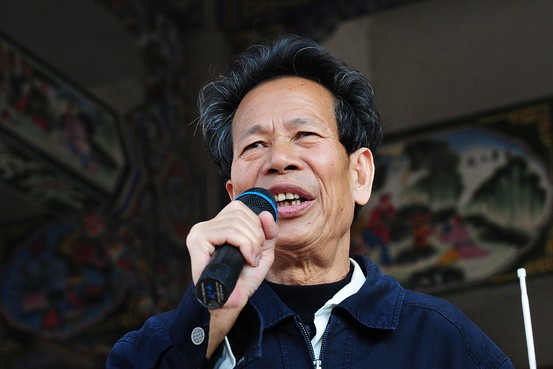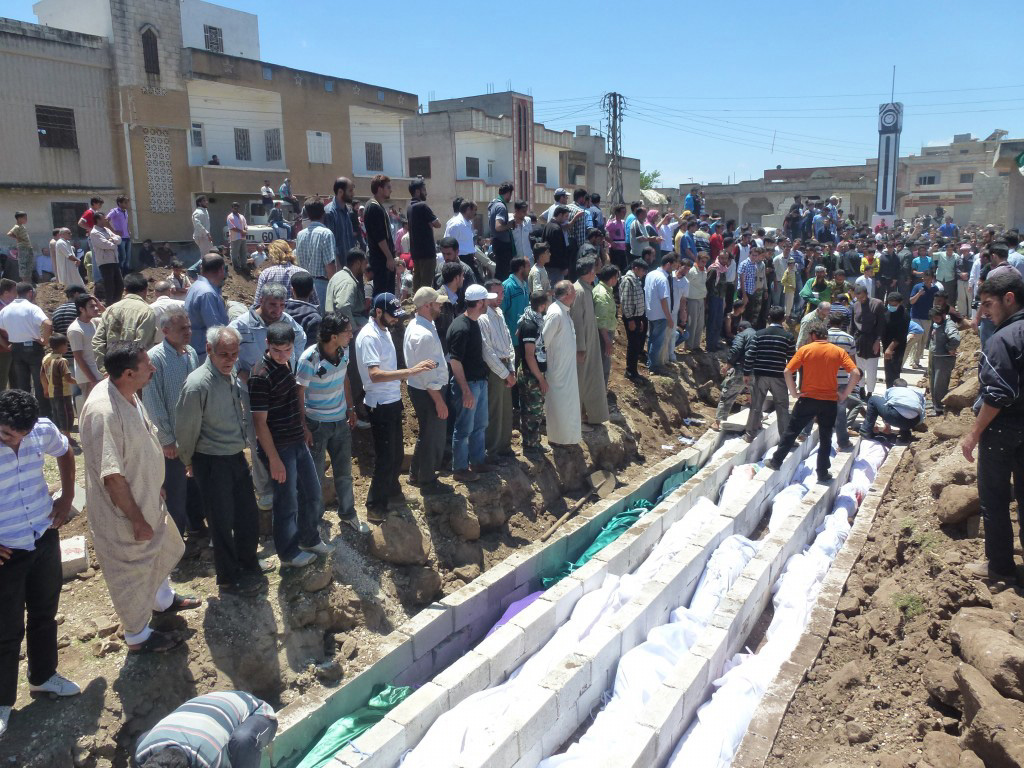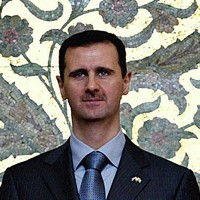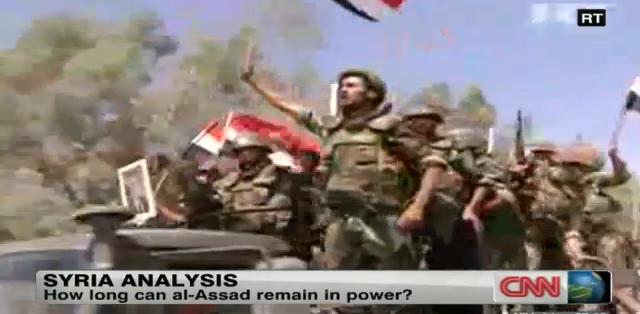
WSJ Blog piece noting that Beijing appoints the local rebellion leader the new local party boss in Wukan.
One thing to lead the mini-revolution against party corruption and land stealing, another thing to get a crack at running things yourself.
As noted before, the ceremonial sacking of the corrupt local leader is a Chinese tradition - a release-valve approach to angry ground-floor populism. But yes, this incident crossed many lines: scaring off the local police, taking control of local government - all the while pledging adherence to single-party rule (sharp).
Since Lin Zulian has been running the place for a bit, the party elite felt it easier just to let him stay in place, assuaging the implied throw-the-bums-out impulse that exploded weeks ago. Local elections, typically hotly contested, soon follow, and we'll see what's allowed, but this one is moving past differences in degree to differences in kind. It's not just certain factions up high wanting to address the land-grabbing issue; it's some of them willing to test the waters here on different responses to processing the populist anger.
This is both the start of something truly big and something truly long. No, we won't see a spring-like wave sweep over the place, but the longer ordinary Chinese witness these gives on the part of the Party, the more demanding they'll become, with the "social harmony" part being everybody's commitment to incrementalism.
From my perspective, this all moves along quite nicely and reasonably on schedule. I know, I know, "Nixon went to China four decades ago and the Chinese are still Chinese!" But remember my frequently-offered observation about authoritarian regimes - especially Asian ones - opening up to globalization and taking about 4-5 decades of single-party rule before the flowering middle class steps into the fray with great earnestness. China remains, in Deng years, only about 30 years old, meaning my democratization zone lies at some depth in the 2020s but consummates circa 2030, when the sixth generation of leadership (my contemporaries) is wrapping up their rule. This generation, unlike Xi Jinping's 5th Gen, comes of age after the Cultural Revolution, so the journey both begins and will end differently, because it can - and it must.
China in 2030 features a per capita income level of about $20,000. No major polity has ever made it that far, especially having embraced state-led capitalism, without succumbing to genuine democratization vice single-party rule dressed up as it. Happened to Japan, South Korea, Philippines, Indonesia. Happening to Malaysia and Singapore. The crew that came online in the 1980s, China chief among them, will constitute the "spring" class of 202X. That deal, driven by all sorts of irresistable forces - demography and income growth being most crucial - has long been in the works. Our job is simply to observe, nudge and not screw it up by giving the center excuses to delay. Left to its own devices, the competing philosophies and moral principles will emerge, with the competing party wings to follow. The fracturing that follows will be completely natural: we can agree to disagree; we can agree to try one path/party for a while; we can accede to the public's desire for change on a reasonably regular basis.
China already has a firm and predictable rotation of generational leadership. The competition within the party for the top slots is real, as are local elections. The pieces of this puzzle are coming into place - just not on our desired schedule.
Only the Chinese can make these choices, to include the all-important timetable. All we can do is create friction along the way.
Unfortunately, the strategic "pivot" to East Asia is exactly that.
Our man in Wukan, you have done well.
 Friday, June 1, 2012 at 11:20AM
Friday, June 1, 2012 at 11:20AM Check out this New York Times story about President Obama speeding up waves of cyber attacks against Iran. I personally have no problem with this, and prefer it to Israel’s imagined missile strikes.










































